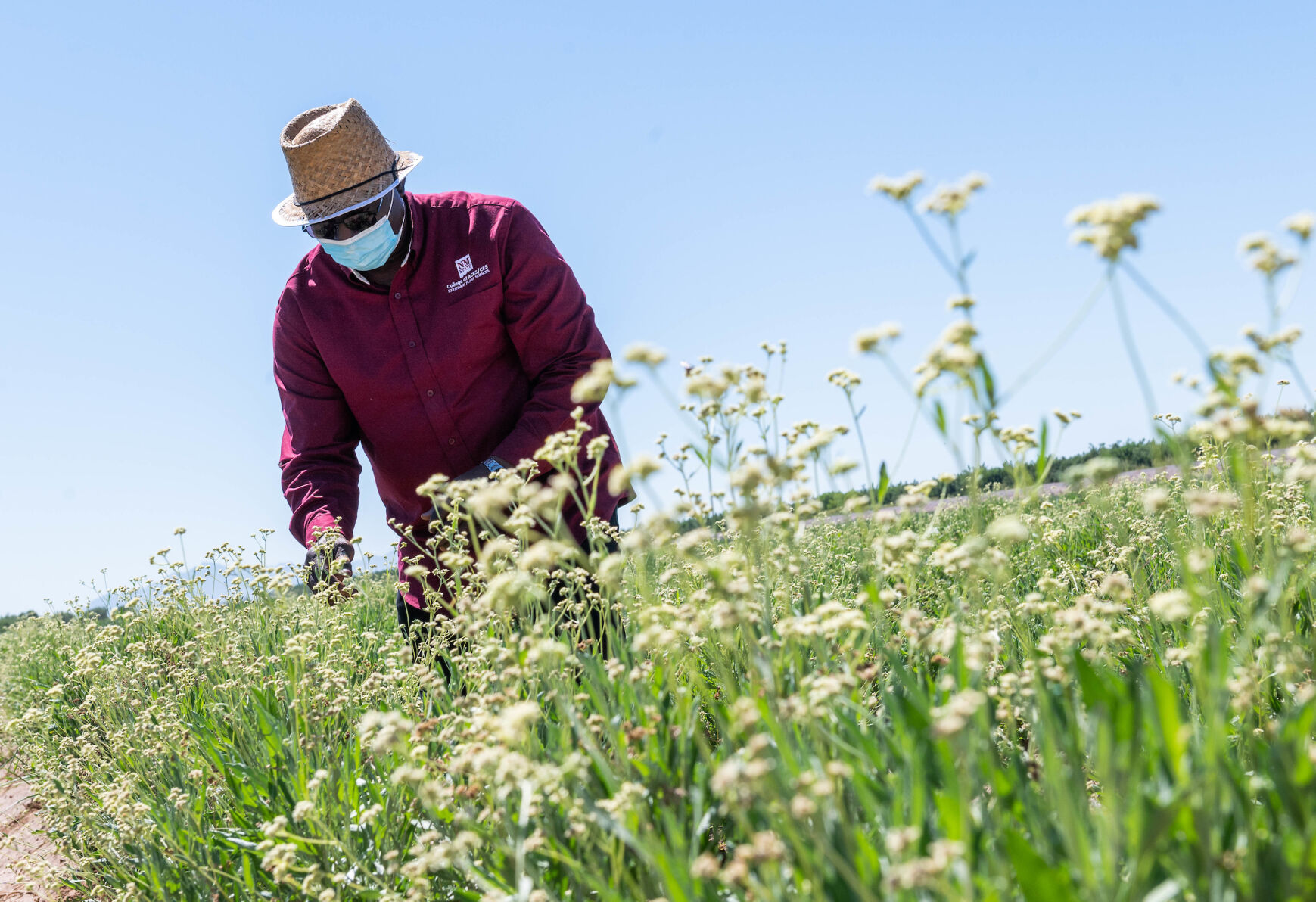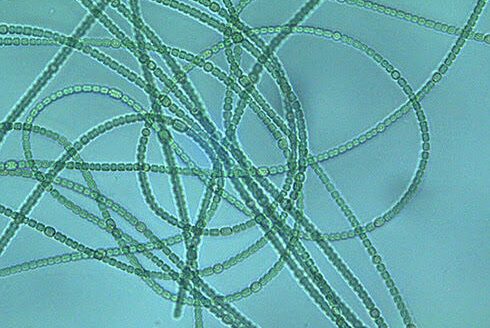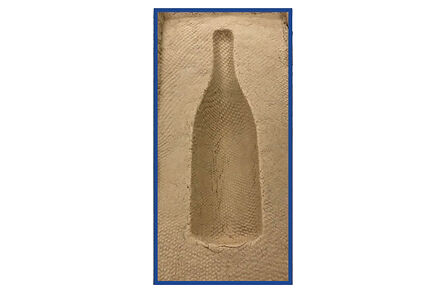When local agricultural producers have questions, researchers in New Mexico State University’s College of Agricultural, Consumer and Environmental Sciences strive to find solutions. The long-term soil health research and demonstration project, which began in spring 2021 and is hosted at the NMSU Leyendecker Plant Science Research Center, is the result of one such request.
“The project was inspired by the fact that many producers were asking about how different management practices affect soil health in the short and long term in the arid irrigated cropping systems,” said John Idowu, Extension Plant Sciences Extension specialist/Extension agronomist. “However, due to the lack of research information on the long-term impacts of soil health practices, we could not provide effective answers that address the needs of farmers in the region.”
The New Mexico Department of Agriculture’s Healthy Soil Program funded the establishment of the plot at Leyendecker. The purpose of the Healthy Soil Program is “to promote and support farming and ranching systems and other forms of land management that increase soil organic matter, aggregate stability, microbiology, and water retention to improve the health, yield, and profitability of the soils of the state.” NMDA also funded the purchase of some equipment used to measure soil health parameters.
A United States Department of Agriculture’s National Institute of Food and Agriculture-funded project, “Sustaining Groundwater and Irrigated Agriculture in the Southwestern U.S. under a Changing Climate,” supported the hiring of a Ph.D. student to collect research data on the long-term soil health research and demonstration plots for the next four years.
“Another motivation for starting the project is to help producers in the region develop resilient cropping systems against the variable weather patterns that they are facing,” Idowu said. “Implementing soil health practices has been shown to help make cropping systems more resilient against climate change.
“From the long-term soil health site, we will learn how the different practices we are testing influence the sustainability of crop production in our region,” Idowu said. “We will learn how soil health practices are affecting the environment by documenting their impacts on carbon sequestration and greenhouse gas emissions.”
Another benefit of the project allows researchers to train farmers on how to incorporate soil health practices into their farming systems by hosting field days. In April, NMSU hosted the first such event that allowed farmers to visit the research site at Leyendecker to examine the plots and ask specific questions.
“The Biochar and Soil Health Field Day went very well,” Idowu said. “The field day featured a discussion of different soil health treatments. Participants walked through the field plots to examine the winter cover crops that were planted, and we did a field demonstration of soil compaction measurement with a penetrometer and infiltration measurement with a single-ring infiltrometer. We also demonstrated how to make biochar using the ‘Ring of Fire’ kiln during the field day and discussed how biochar amendment can improve soil health and sequester carbon in the soil.”
Additional benefits of the research site include offering valuable information on sustainable irrigated cropping systems and soil health management.
“We will also be incorporating digital agriculture into our production system by using sensor-based irrigation and drone-based monitoring for the early detection of stresses in crops,” Idowu said. “Digital agriculture will assist producers to improve their farm decision-making processes and enhance efficiency by targeting resources to where they are needed in a timely manner.”


